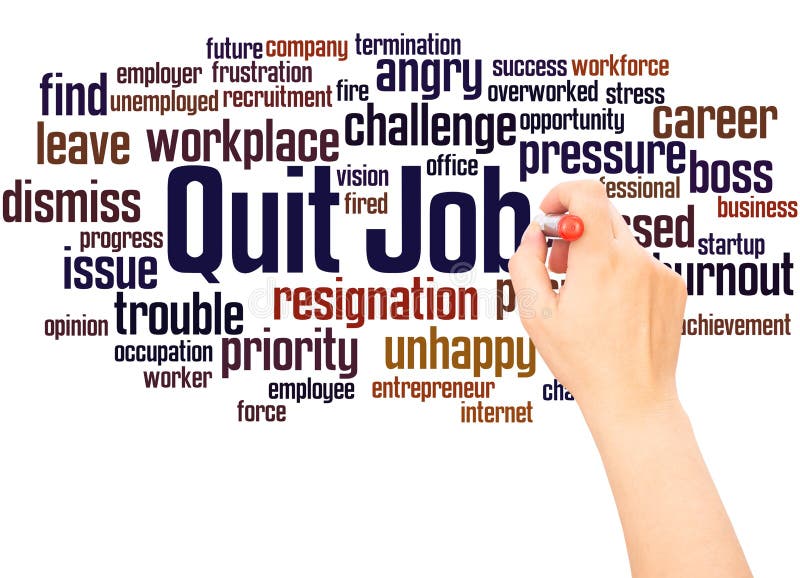

The phrase "work to rule," for example, describes a labour action in which employees strictly perform the work laid out in their contract, without taking on additional work. While the term "quiet quitting" may be a new invention, the mentality behind it is not. The ball is squarely in the court of employers, managers and executives, experts say. In short, it's a renewed commitment to life beyond the workplace. But behind the trend is a starker reality.Įmployees want to be fairly compensated for additional time and work, especially as the COVID-19 pandemic exacerbates occupational burnout and mental health issues. The phrase is resonating, too. While the words "quiet quitting" are loaded, evoking images of a slacker or ne'er-do-well for some, others say that the approach frees up time to spend with family and friends, or to take care of oneself. "I recently learned about this term 'quiet quitting,' where you're not outright quitting your job, but you're quitting the idea of going above and beyond," creator Zaid Khan said in the video, which has since amassed 3.4 million views.

The phrase - which isn't actually intended to lead to a resignation - exploded into the popular lexicon last week when a TikTok video went viral.
#Another word for quit job professional#
These are the distinctive features of "quiet quitting," a term coined to describe how people are approaching their jobs and professional lives differently to manage burnout. on the dot, only doing your assigned daily tasks, limiting chats with colleagues and no working overtime.


 0 kommentar(er)
0 kommentar(er)
